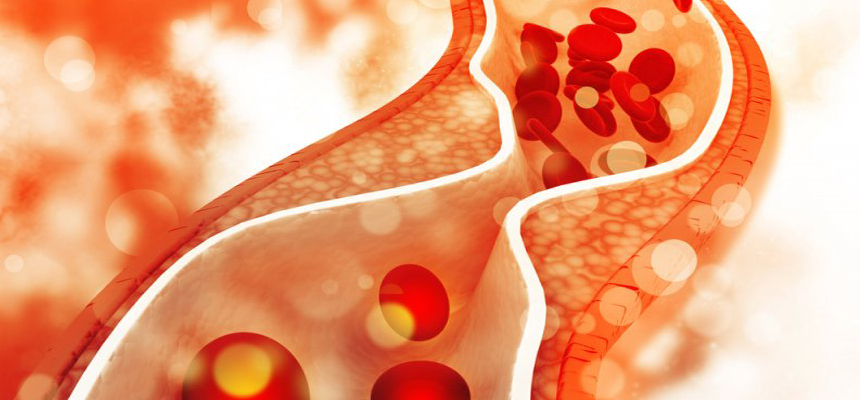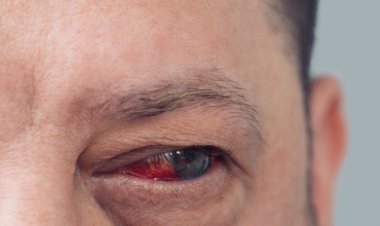Black fungus stalks COVID 19 patients

Doctors have found that some patients who have recovered are falling prey to a deadly fungal infection
Some COVID-19 patients were recently found to have been infected with mucormycosis, also known as ‘Black Fungus’, a serious but rare fungal infection.
.jpg) “Mucormycosis generally affects those whose immunity is weak due to drugs or disease - that is, people with diabetes, on steroids or the elderly or anyone with an immunity weakening disease,” says Dr J. Anish Anand, Consultant Internal Medicine, Apollo Hospitals.
“Mucormycosis generally affects those whose immunity is weak due to drugs or disease - that is, people with diabetes, on steroids or the elderly or anyone with an immunity weakening disease,” says Dr J. Anish Anand, Consultant Internal Medicine, Apollo Hospitals.
The infection is caused by spores of fungus in the environment. The disease primarily affects the sinuses and lungs. It can also affect the brain or stomach.
Though the overall mortality rate is said to be around 50 per cent, early identification and treatment can help.
Symptoms:
Initial symptoms of the disease affecting the brain and sinuses include continuous headache, heaviness in the facial area or swelling, nasal congestion, sinusitis, and a choking sensation in the throat. Swollen eyes and black spots or lesions around the swelling and on the nasal bridge or mouth may also be noticed. The patient is likely to develop fever.
If the disease affects the lung, fever, breathlessness and chest pain are common symptoms.
When it affects the skin, blisters, ulcers or blackened skin may appear.
Nausea, stomach ache and nausea are symptoms of the fungus having affected the stomach.
Those at risk:
1) Diabetes patients
2) Cancer patients
3) Those needing organ transplant
4) Those on high doses of steroids
5) Those with deep injuries
How to reduce the risk of mucormycosis:
 Avoid areas with a lot of dust, like construction and excavation sites
 Avoid contact with water-damaged buildings or flood water
 Wear gloves and masks wherever possible
 Wash hands with soap and water
 Clean wounds well with soap and water
Treatment:
Diagnosis is done with the help of CT scans and endoscopy.
After confirming the diagnosis, antifungal injections are given.
Surgical intervention may be needed to remove fungal balls from the affected organs.
“If any suspicious black skin lesions or swelling around the eyes or face are noticed, visit your doctor immediately. Anti-fungal treatment should be initiated early,” says Dr. Anand.
Book Appointment: Dr J. Anish Anand, Consultant Internal Medicine, Apollo Hospitals.

 Disclaimer: Welthi.com does not guarantee any specific results as a result of the procedures mentioned here, and the results may vary from person to person.
Disclaimer: Welthi.com does not guarantee any specific results as a result of the procedures mentioned here, and the results may vary from person to person.









